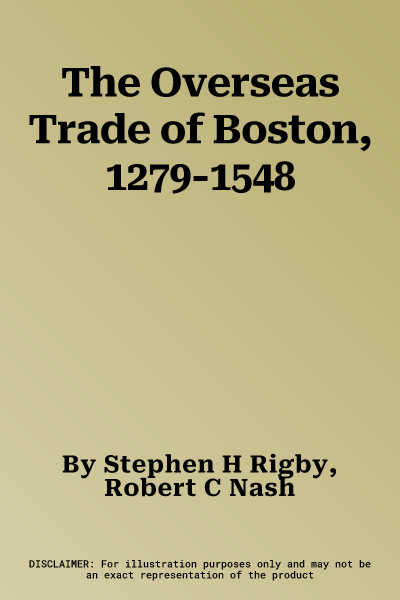At the start of the fourteenth century, Boston (Lincolnshire), was one
of England's largest and wealthiest towns and played a leading role in
the country's overseas trade, attracting merchants and commodities from
as far afield as Italy, Gascony, the Low Countries, Germany and
Scandinavia and was second only to London in many branches of trade.
Yet, two centuries later, as the accounts of the royal customs reveal,
Boston's overseas trade was of minor significance, as the capital came
to dominate the nation's commerce at the expense of its provincial
ports. This book offers a comprehensive guide to the evolution of the
medieval English customs system and discusses the reliability of the
sources which it generated. It brings together all the statistical data
from Boston's enrolled customs accounts for the period from 1279 to 1548
concerning the fluctuations in volume of the port's trade, the
transformation in the nature of its imports and exports and the changes
in the origins of the merchants, whether English or alien, who traded
there. It will be of interest to all scholars and students of medieval
English towns and, in particular, to those concerned with
Anglo-Hanseatic trade in the later Middle Ages.

